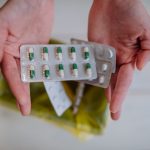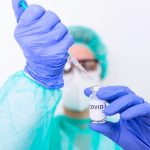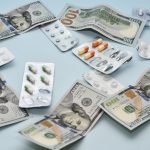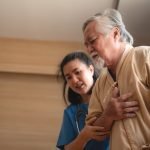This drug outperforms warfarin in blood clot treatment, says Swedish study
New Generation Blood Thinners Show Promise
In a groundbreaking study from the University of Gothenburg, modern blood-thinning drugs, commonly referred to as NOACs (non-vitamin K...
What we know so far about BA.2.86 (‘Pirola’), the new COVID-19 strain
A new coronavirus variant, BA.2.86, is raising concern with public health experts, but it's too early to know if this one is any more...
Amazon Prime and GoodRx can save your money on drug prescriptions
We all know the feeling of having to pay too much for medications. It's even harder for those without insurance or who have to...
Bird flu has the potential to infect humans
A recent study involving researchers from China and the University of Nottingham has revealed alarming mutational changes in a subtype of the avian flu...
Many people are missing out on heart failure diagnosis, study warns
If you're having a hard time breathing or your ankles are swelling up, you might just be one of the many people suffering from...
Long COVID symptoms can improve, but their resolution is slow and imperfect
Around 5–10% of people who get infected with SARS-CoV-2 will experience symptoms that persist way beyond the initial acute period, a clinical syndrome we...
How much you sleep could affect your risk of type 2 diabetes
Researchers in the Netherlands have made a crucial discovery: how much you sleep can influence your chances of developing type 2 diabetes.
And this link...
Migraine headaches linked to lower cognitive and language functions, says study
Migraines are more than just a headache; they can have a range of associated symptoms and have been linked to other health conditions.
A recent...
Peanuts and cancer: what you should know
We all love peanuts. They're crunchy, delicious, and often show up on lists of healthy snacks.
But new research from the University of Liverpool suggests...
A new cancer therapy freezes tumor growth by tricking cells
A new cancer treatment out of Purdue University has shown impressive results in stopping tumor growth. Imagine if you could trick cancer cells into...










